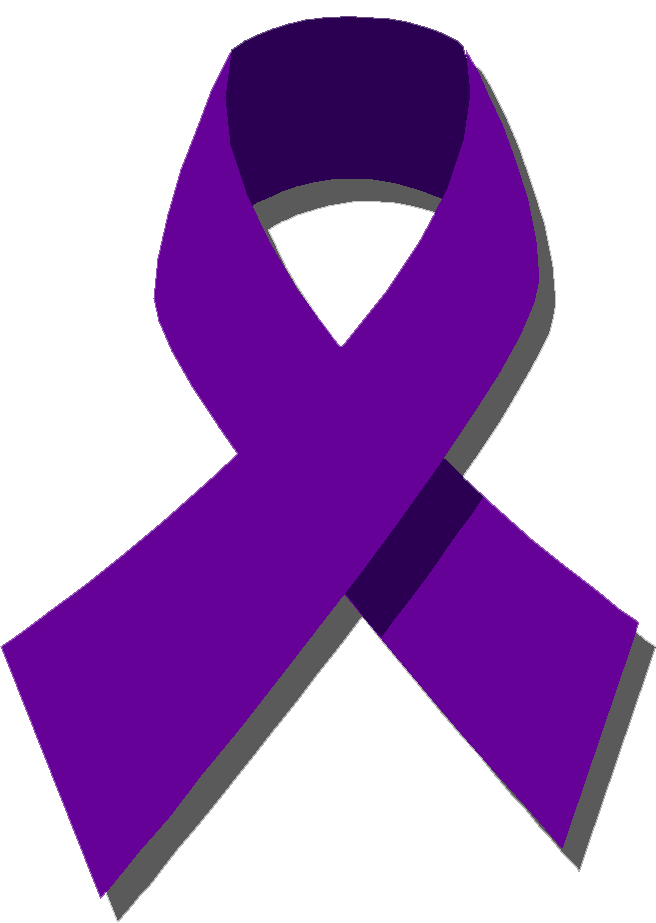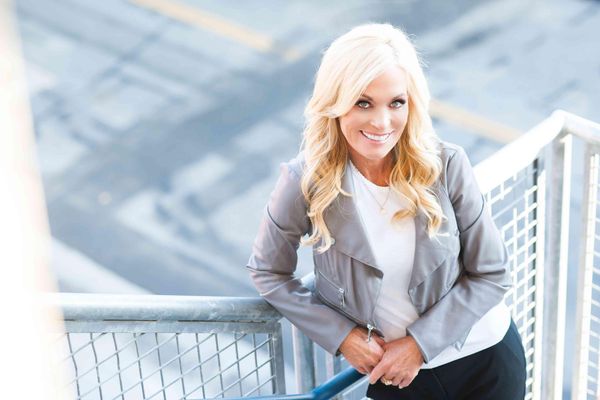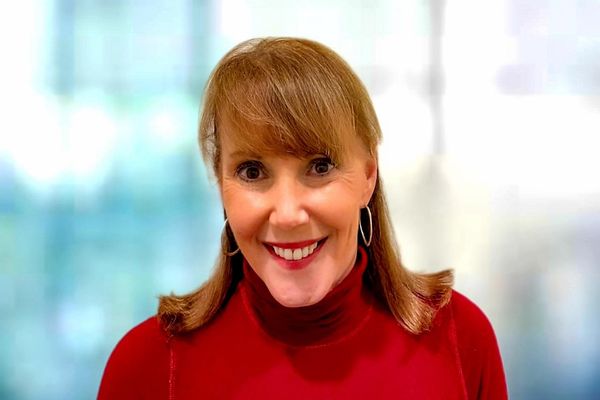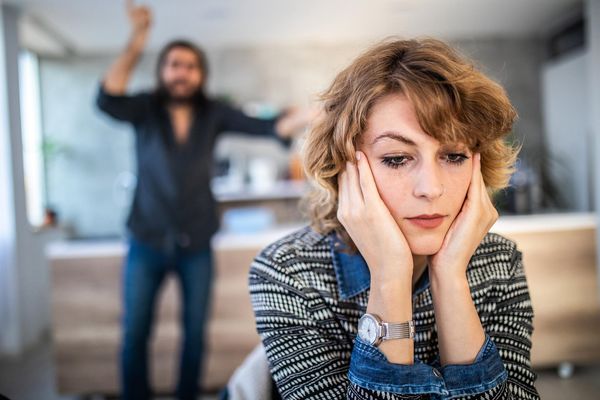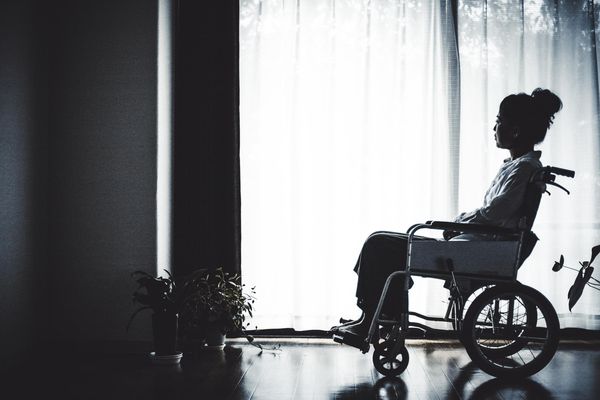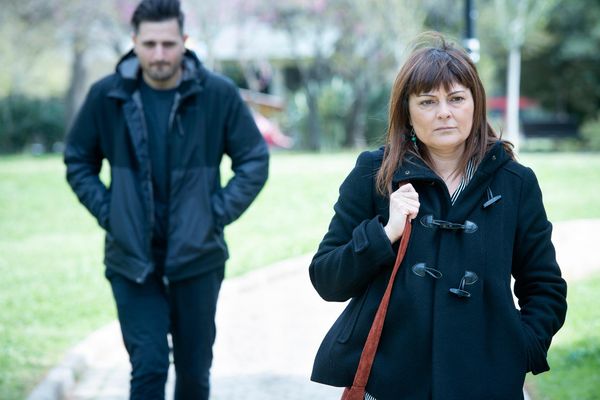Dear Readers,
You may notice that today’s post is not written by me. My friend, Liz Scherer from the blog Flashfree: Not Your Mama’s Menopause, has offered to step in while I’m away. I’ll be learning lots of new nutrition and eating strategies from the folks at Green Mountain at Fox Run in Ludlow, Vermont – and will be sure to share what I’ve learned when I return.
Below, Liz bravely shares an intimate detail of her life. It’s an important read for every woman.
I don't generally get too overexcited about National [fill in the blank] months, days or years. In fact, these days, we are so innundated that it's a wonder that any initiative that deserves attention actually gets it. However, I believe last month’s National Domestic Violence Month is one of those ideas that deserves attention. A lot of attention.
I am not going to bombard you with statistics about sexual abuse or violence against women; they are readily available though organizations like National Coalition Against Domestic Violence and the Centers for Disease Control and Prevention. However, I do want to focus on something that women need to be aware of, especially if they are newly-divorced or newly-single and back on the dating scene again.
When you think domestic or intimate partner violence, what do you think of?
More often than not, the first thing that comes to mind is sexual and physical abuse, right? And no wonder, because it is truly a national if not an international problem, and increasingly prevalent among teens as well. It can cross genders, ages and race. However, domestic or intimate violence can also be emotional, either in conjunction with physicality or by itself. In fact, like physical abuse, emotional abuse is similarly based on power and control. Emotional abuse is verbal or non-verbal, it is constant criticism and repeated disapproval, it is blame, insults, accusations and insinuations. And, although it is intangible, it systematically destroys self-confidence and creates deep scars that can take years and a lot of work to heal. A key reason that women often don't report being emotionally abused is that it's hard to prove. And its wounds can be so deep that the cycle becomes too powerful to break.
I know strong, self-empowered women who wound up in a cycle of emotional abuse, hardly realizing what it was other than it made them feel terrible on a daily basis.
I am one of those women.
I am not going to name names or provide details. But I will share that over time, self-blame starts to set in and it's easy to believe that there's something wrong with you, not your partner. And instead of walking away, you stay long after you should stay.
My story is a common story. I partnered with someone who presented himself as one way to the world and another to me. A seemingly charming man who wooed me and then turned into Mr. Hyde.
Bad day? My fault. High rent? My fault. His unhappiness? All my fault. Another viewpoint? Nope, not allowed. The 'boss' of [fill in the blank]? Him, not me. Compromise? Not real good at it. Invalidation? All the time. Highlighting my flaws? Yes. Explosive anger? You bet. I walked around on eggshells for most of the relationship, always trying to please, to try to make him like me, to make things better..."if I, then" set in fairly quickly.
He really didn't like me. And you know what? I didn't really like him. But I stayed with it because damn it, I was going to prove to him that I was worth it.
By the time the relationship was over and I made the decision that it was time to cut my losses, I had lost a lot of weight and a lot of me. At the end, 12 pounds lighter and in for a long haul of therapy, I realized that I was angry, damn angry. But mostly at myself for allowing the abuse.
The weight eventually came back on. I did (and continue to do) a lot of therapy. I had another relationship and learned to trust -- not only him -- but also myself. But I'm still wary. And some of the trauma and self-doubt remains with me to this day.
Emotional abuse is ABUSE. Don't let it happen to you. Talk to someone. Let them in. If you need help, please, please get it. Contact the National Domestic Violence Hotline (1-800-799.SAFE (7233)).
Truly, you are worth it. And you know what? I am too.
About Liz Scherer
Liz Scherer is a digital copywriter, health journalist/reporter, marketing and social media strategist, blogger, speaker and women’s health advocate. Her blog, Flashfree, is geared towards providing evidence-based, alternative and integrative approaches to managing the physical and psychosocial challenges of menopause and midlife. It is currently ranked among the top 100 women’s health blogs and top 100 best wellness blogs for women. Liz is also a frequent contributor to both Women Grow Business and Savvy Auntie and writes a monthly column on netiquette.

